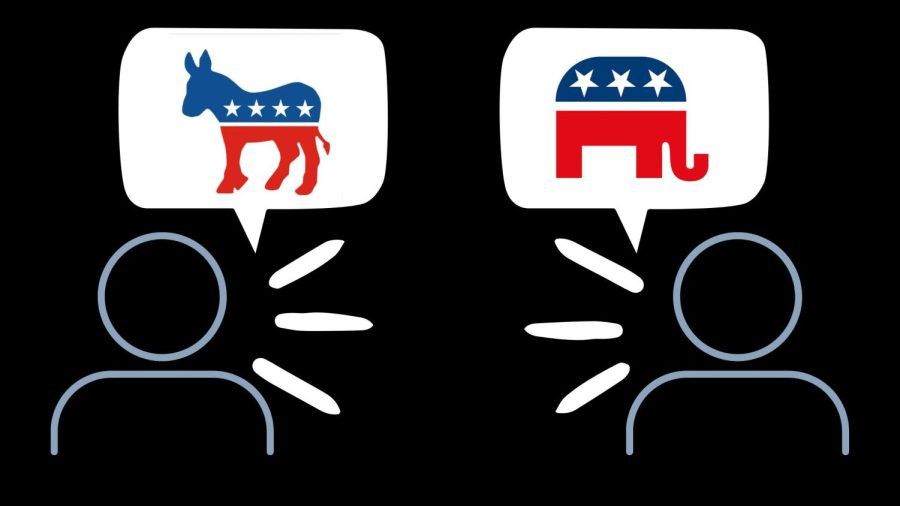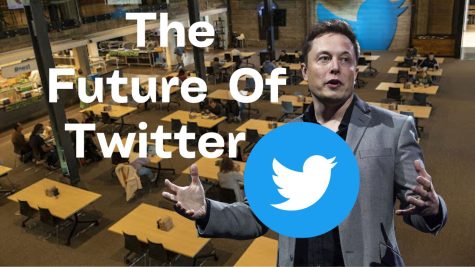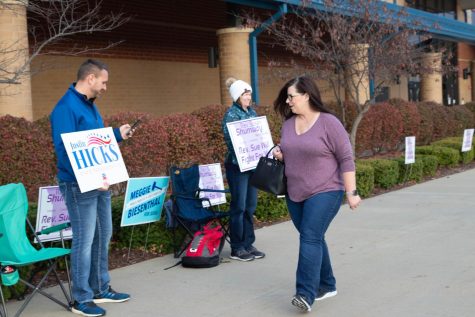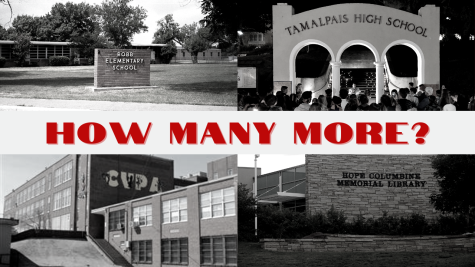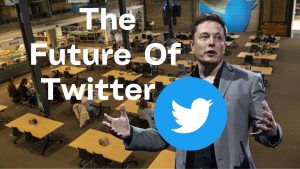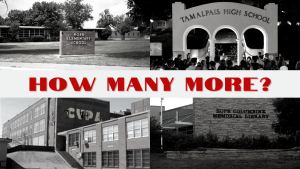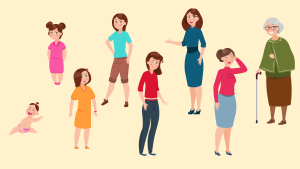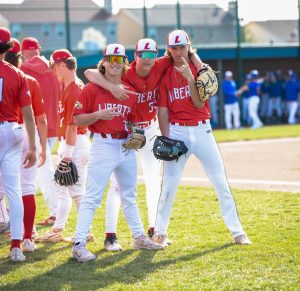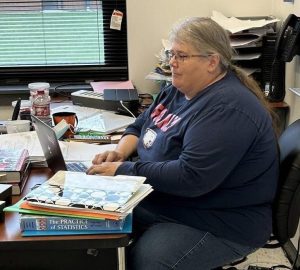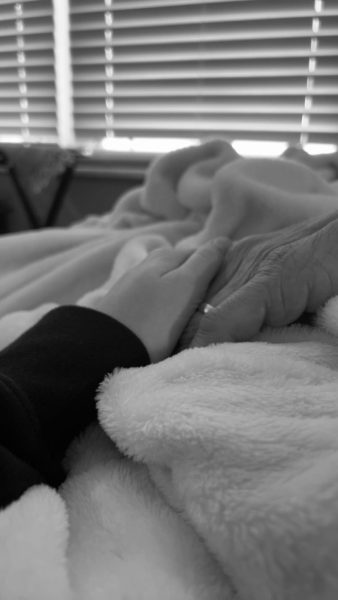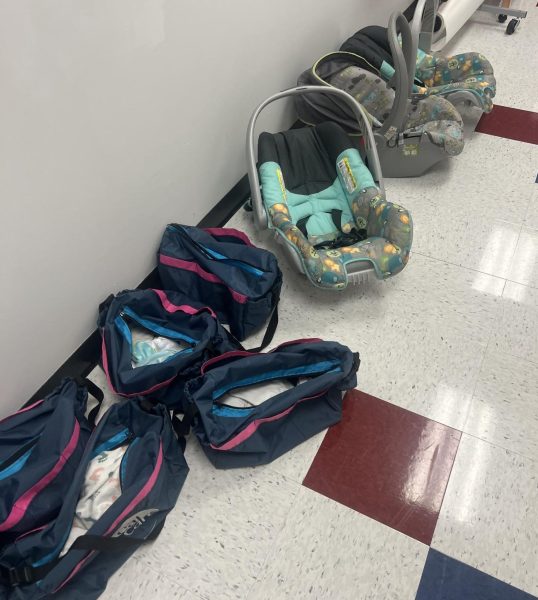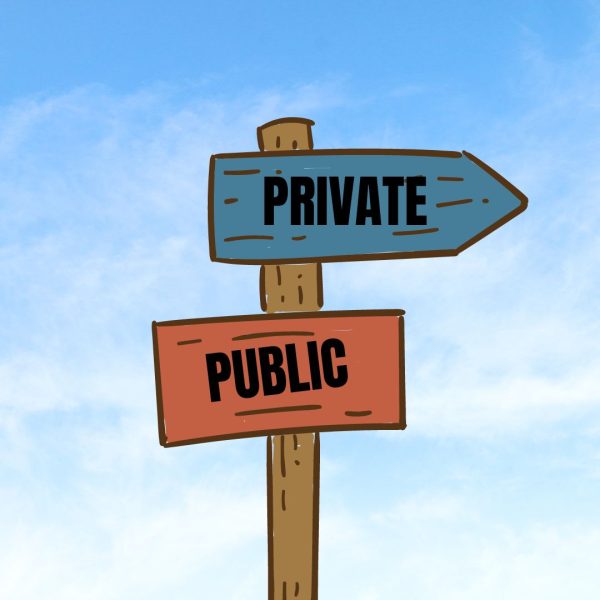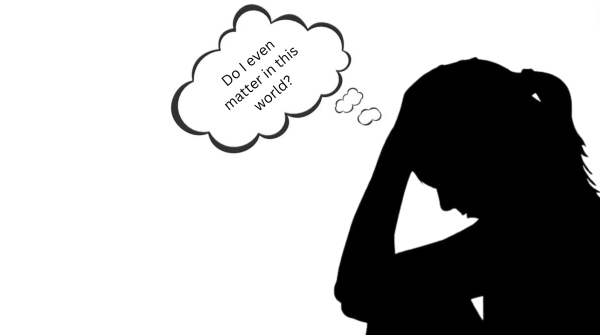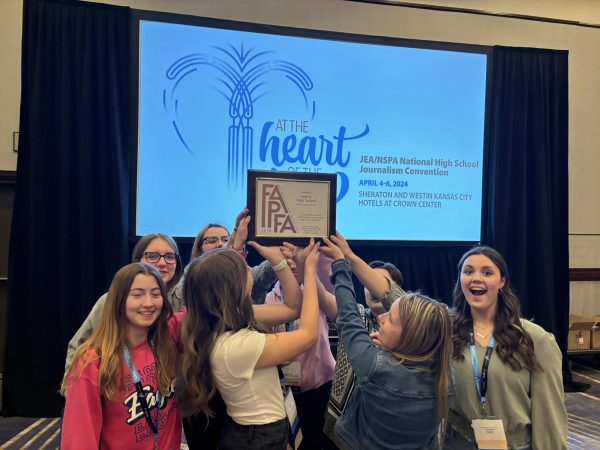Social Media and Its Impact on Politics and Extremism
As our country becomes increasingly politically divided, social media seems to be fueling the fire
Social media has been causing the rift in our society to grow wider and wider.
November 17, 2022
In recent years, our country has grown more and more politically divided. Talking about politics is like tiptoeing through a field of landmines. Instead of listening to news outlets that place their integrity on trust and transparency, people have started speculating and creating conspiracy theories.
As conspiracy theories become more and more popular, it leaves most people wondering where some of these crazy ideas come from and how they gain so much traction. One possible answer: social media. Apps like Twitter and Facebook are a breeding ground for vicious arguments that often end in insults and extremist views. Politics is less about beneficial discussions on these apps, and more about having the last word.
Social media apps show these controversial posts hoping to make you angry and keep you scrolling for a long time. The more you scroll through the controversial arguments, the more they show up on your feed, which in turn makes you scroll more, and so on. It’s a dangerous cycle, and it’s all for these social media companies to make as much profit as possible.
I know that most of these conspiracies don’t seem like something dangerous or important. They seem ridiculous. I find myself saying, “How could anyone believe this?” But as someone who’s seen old friends and family members fall into conspiracy theories and extremist views, I can attest to how they warp your mind and hurt your relationships. They make you bitter and have a way of blocking your ability to understand different perspectives. According to “The New York Times,” nearly 19% of American voters said that politics has hurt their relationships in some way. And I don’t see this number decreasing anytime soon, unless we make the decision to remove ourselves from these arguments on social media that don’t help anyone and only cause problems.
As a teenager in the era of technology and social media, I’ve seen so many people online, specifically on Twitter, contributing to conspiracy theories and an unhealthy distrust of the government. Recently, an attack took place on Speaker of the House Nancy Pelosi’s husband, Paul Pelosi, and allegedly the attacker admitted he wanted to kidnap the Speaker. This was an attack on democracy and the nobility of our country, but many people weren’t concerned about that. Everytime this attack is mentioned, I feel as though no one talks about how this was a horrible thing for someone to do, but debating whether or not it was an inside job, or questioning the relationship between Paul and his attacker. It’s disgusting that instead of being worried, or at least empathetic, about an old man who got a skull fracture from being hit with a hammer, people only care about the conspiracies that are being created.
It’s not just this one attack either. Things like the insurrection on Jan. 6, 2021, when 2020 election-deniers stormed the Capitol building. When Biden won the 2020 election, some people who supported Trump refused to accept defeat, and instead of listening to even their own party say that there was no evidence of voter fraud, they took it to social media. Again, apps like Twitter and Facebook became overrun with conspiracy theorists spreading lies and dividing our country.
As our country continues to experience growing hostility between the far-right and far-left, it leaves people wondering the direction our nation is headed. Radical views can make people believe they are fighting for some sort of justice, when in reality they’re only causing harm. About 50% of American voters believe that someone’s political opinions reveal whether they’re a good person or not. It probably doesn’t help that certain political views are associated with conspiracies or stereotypes, allowing people to make assumptions about someone based solely on their biases.
When it comes to conspiracies and extremism, democracy and unity are at risk. Separation and hate is an obstacle we have to overcome if we want to keep our country safe. A nation divided is not a nation at all.

